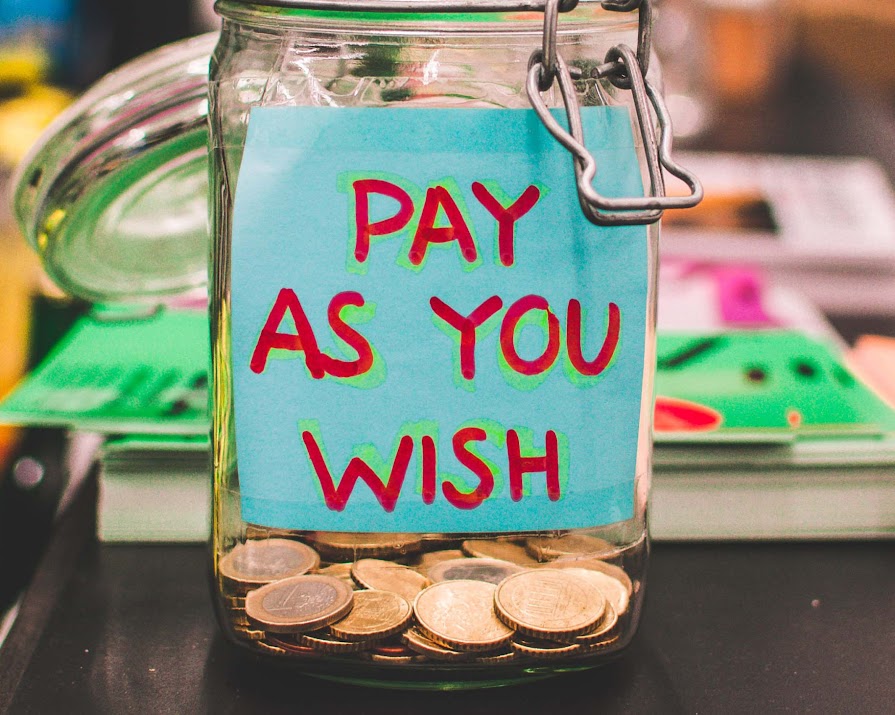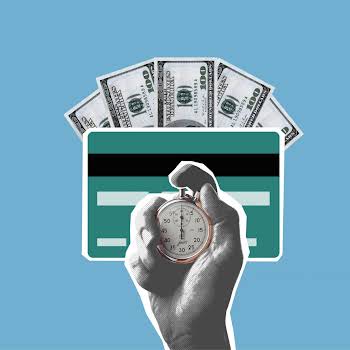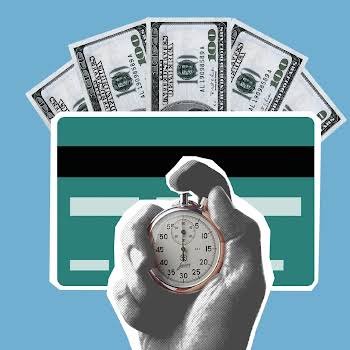
Not sure where to start? Financial priorities for your 20s, 30s, 40s and 50s
By IMAGE
01st Apr 2019
01st Apr 2019
No matter your age, you need to look after your future, and that means taking action on your pension. Our Money Muse, Lorraine Donegan, sets out some golden rules…
In last month’s column, I was fairly blunt about our need to take ownership of our financial future. The reality is that if you keep putting retirement planning on the long finger, or continue to presume that someone else is sorting it out for you (especially your partner), then you are doing yourself a total disservice.
So, given your age now, what should your financial priorities be and where does retirement/pension thinking fit in? Here’s the skinny on what you should be focusing on…
In your 20s
Form the right habits
Like fitness or health, money wellbeing is about small steps to good behaviour. When you first start out in your career, perhaps on a lower wage, the temptation is to live month to month, especially if you have high rent and living costs.
But the habits you develop now will really stand to you, so see if you can start a savings routine. Set up a standing order to move 10% of your wage out of your current account into savings the day after you get paid. If you find that too difficult, bring it down to 5%. Just try to set a little bit aside.
If your employer offers a pension, take it. Even small savings at this age build up to a nice pot over time.
Related: Our financial columnist lays down some pension home truths
In your 30s
Ask about your relationship with money
Understanding how you relate to money is key to a great financial future. What financial hang-ups have you from your childhood? What does financial stability look like to you? What kind of life do you expect to have when you are older?
The cost of living can be high in this decade, especially when you take marriage, first home purchase, having kids, career changes, etc into account.
Answering the questions above is key to a successful financial future, and the best way to do it is with an expert who will listen to you and give advice, like a personal trainer for your money.
Despite the pressures, try to keep up the savings habit, and if your earnings are good enough, the tax savings you get on pensions should make them very attractive.
In your 40s
Take control
Many women at this stage in their life are simply not involved in the broader financial decision of the family (savings, retirement, etc). Don’t just leave it to your partner, start conversations about what your hopes and aspirations are.
Use an independent third party to build a picture of your financial future. I find in meeting with couples that it’s often the first time they’ve ever had this discussion. If you’ve taken time off to look after children, use this opportunity to become the financial guru in your home.
At the same time, you’re starting to realise retirement isn’t that far away. Keep your pension contributions in place and try to invest as much as you can – bonuses are a good place to start.
Related: Make 2019 the year you get your finances in order
In your 50s
Financial health check
Are you entitled to the State Pension? It’s worth €12,700 a year, so nothing to be sniffed at. Check here to find out from Revenue what you will get.
You may have moved jobs a few times by this stage, so it will help to have all your retirement benefits in one place. Get a fee-based financial advisor to help you with this.
Review your long-term financial plans and see if your aspirations are realistic based on what you’ve done so far. Better to know the reality than not.
In your 60s
Nearly there
You’re almost at the finish line (unless you want to work forever, of course – and there is nothing wrong with that). It’s time to find out exactly how your savings and pensions can be put to use for you.
Do you want a regular income, or a lump sum in the bank that you can take as you wish? Planning on travelling or living abroad? All these decisions have financial implications, and an experienced financial planner will guide you through your options.
Congratulations on reaching the next phase of your life – you deserve to have all your dreams realised!
Until next month,
Lorraine
Lorraine Donegan, aka the Money Muse, is the CEO and founder of Donegan Financial Services. If you’d like to ask any specific questions about any finance-related topic, email lorraine@doneganfinancial.com.
Read More: You should tell your friends how much money you make
Read More: In your 40s and worried about money? Read this
Read More: Cha-ching! How to claw back some money from the tax man























